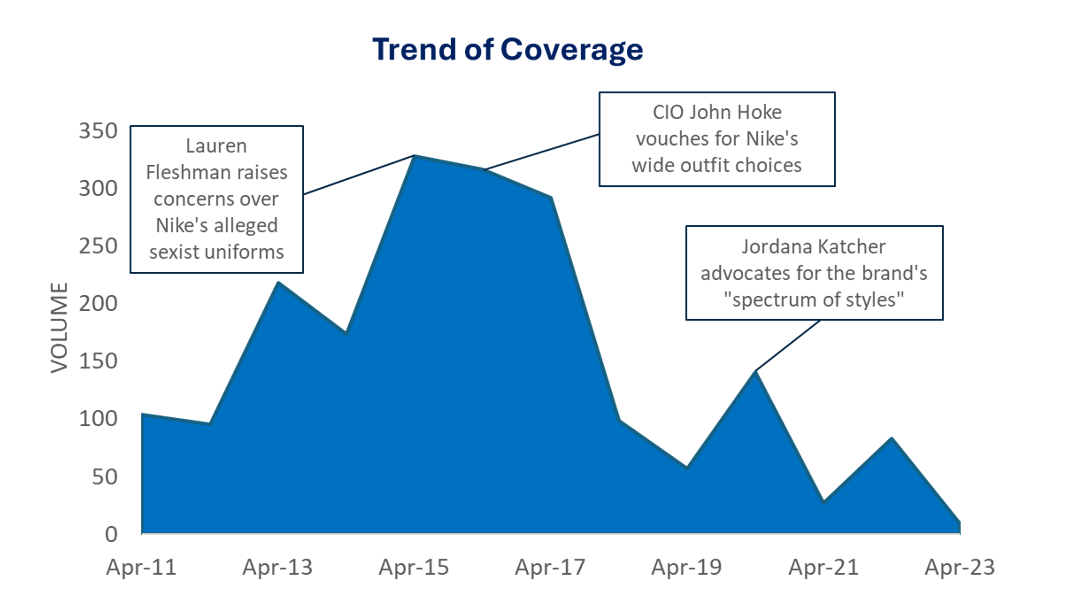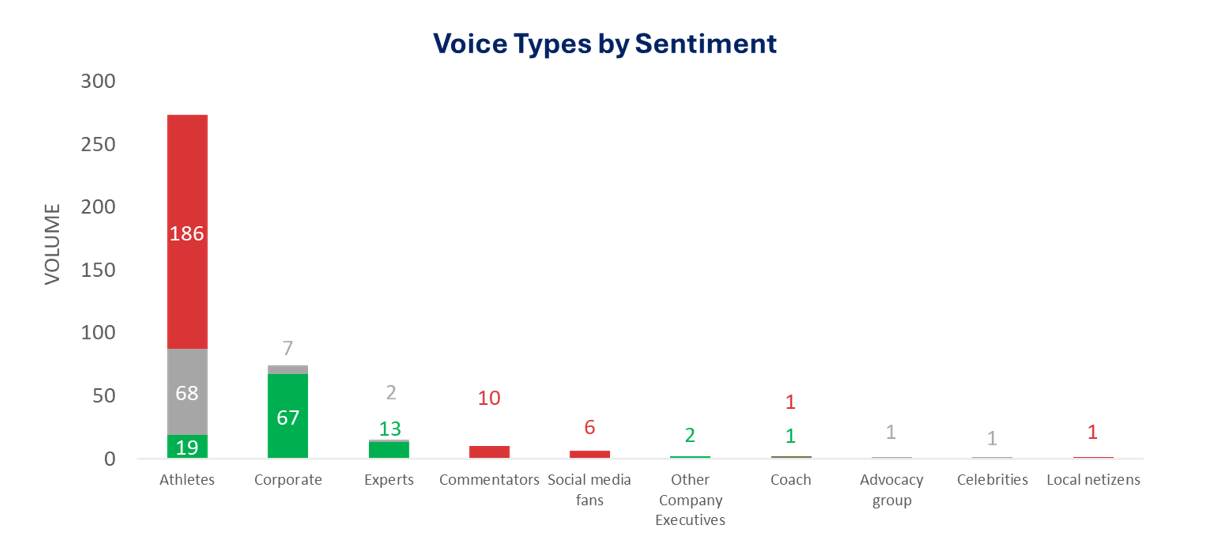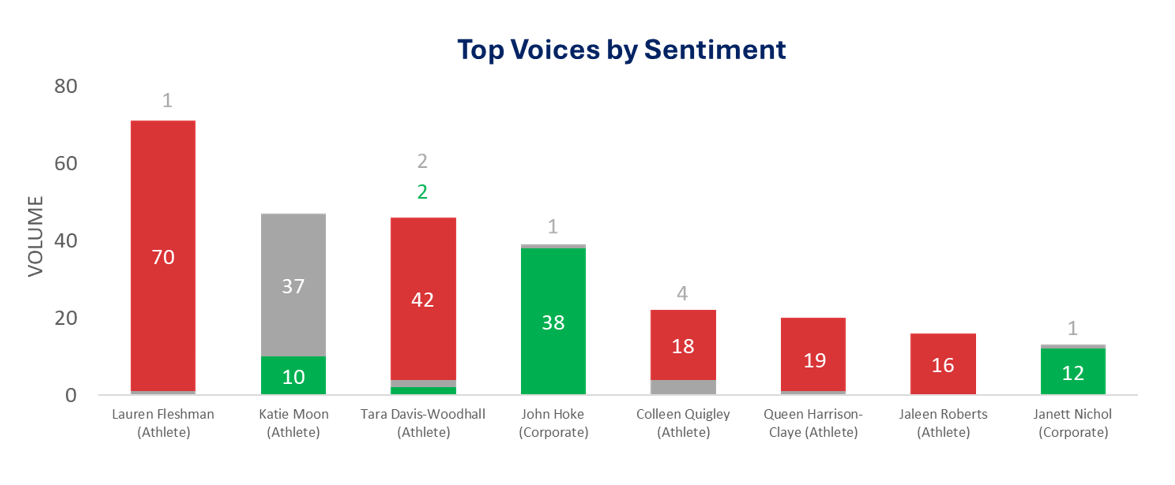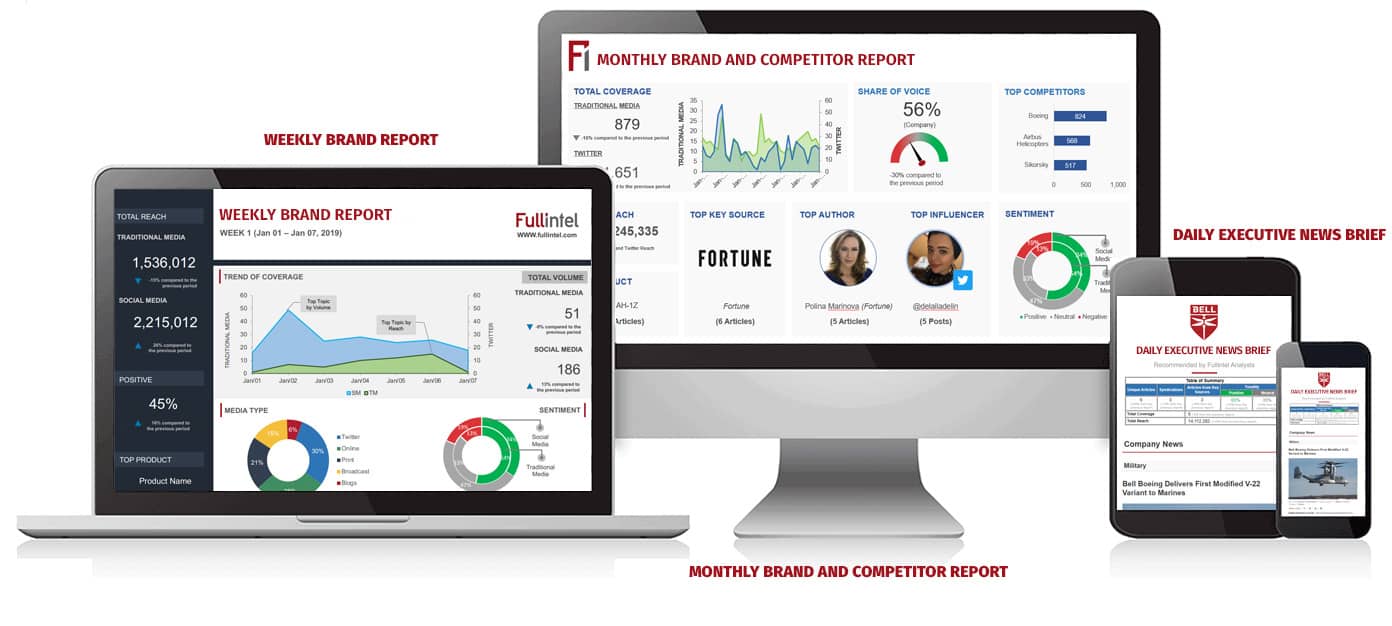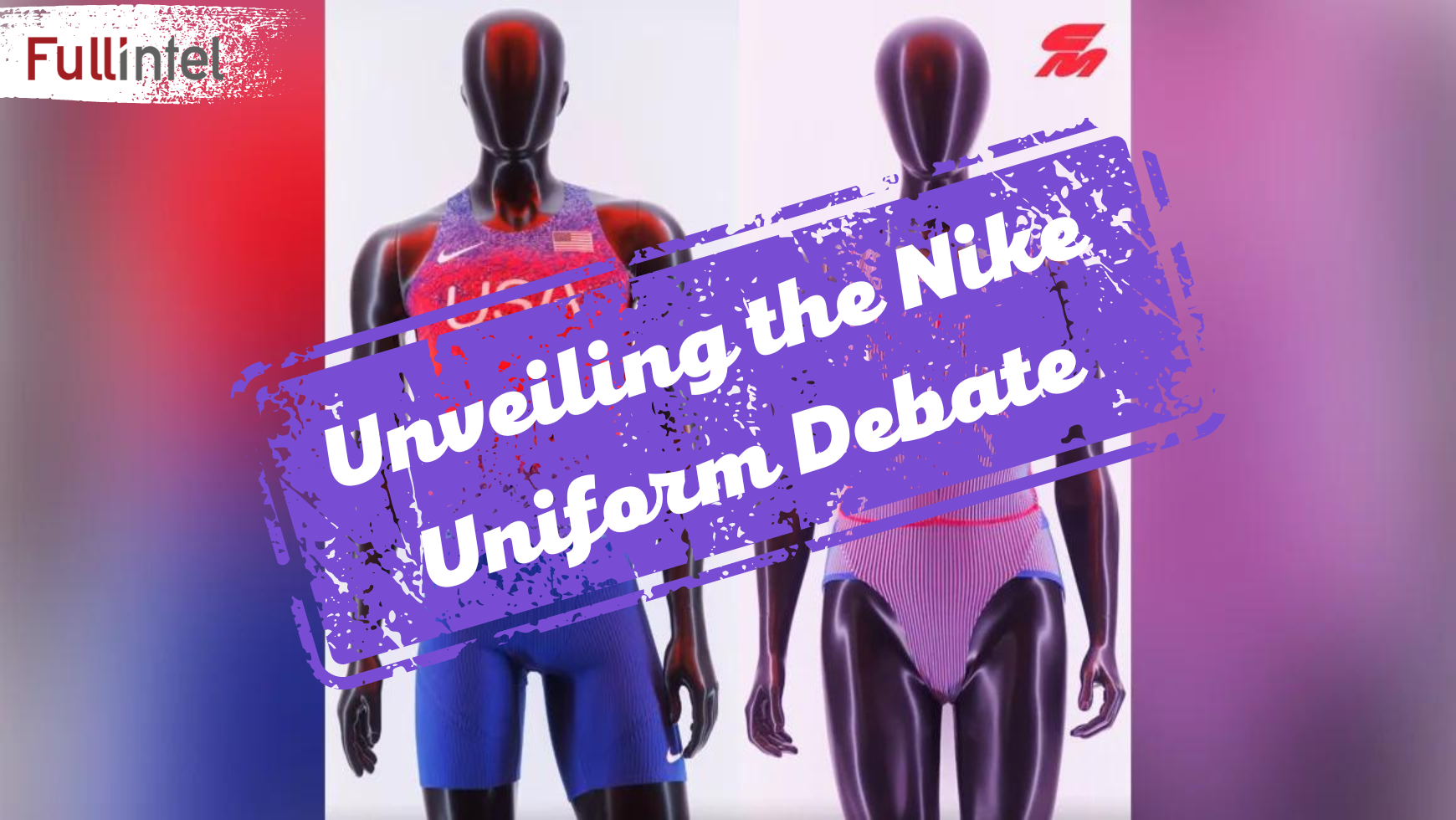
In the world of sports, the uniform is more than just clothing; it’s a symbol of identity, performance, and sometimes controversy. Recently, Nike found itself at the center of a heated debate over the design of the Team USA women’s track uniforms for the 2024 Paris Summer Olympics. What started as a discussion on athletic performance quickly evolved into a discourse on sexism, representation, and the role of sponsors in shaping athletes’ attire.
Former U.S. champion distance runner and author, Lauren Fleshman, sparked the conversation by raising concerns about the presentation of sexualized outfits as a standard of excellence in sports. In her social media posts, she questioned whether revealing attire truly enhances performance or if it merely perpetuates harmful stereotypes. Fleshman’s critique resonated widely, gaining traction in top-tier outlets like Good Morning America, The New York Times, and Business Insider, reaching an audience of approximately 894 million.
Fleshman’s voice was not alone in the conversation. Nike’s Chief Innovation Officer (CIO), John Hoke, stepped forward to defend the brand’s uniform design philosophy. He emphasized Nike’s commitment to performance and functionality, highlighting the collaborative efforts with athletes to ensure that the uniforms are optimized for their specific events. Hoke’s statements provided a counterbalance to the criticism, resulting in predominantly neutral coverage.
Despite the neutrality of the coverage, the debate surrounding Nike’s uniforms resulted in mixed sentiment and moderate media impact. While some articles praised Nike’s focus on performance and athlete input, others criticized the perceived sexualization of the uniforms. The trust in Nike’s integrity took a hit as athletes accused the company of prioritizing aesthetics over functionality and comfort.
One of the standout voices in the debate was pole vaulter Katie Moon, who emphasized the importance of athletes’ autonomy in choosing their performance wear. Her advocacy efforts, along with those of other trusted sources, helped balance out the criticism and contributed to a moderate trust score for Nike.
As the debate rages on, it’s clear that the conversation goes beyond just uniforms; it’s about representation, empowerment, and the values we uphold in sports. Nike’s response to the controversy will undoubtedly shape its reputation in the eyes of athletes and consumers alike, underscoring the importance of listening to diverse perspectives and prioritizing inclusivity in athletic apparel design.
For the full analysis report produced by our expert analyst team and led by Angela Dwyer, Eswari Vasudevan, and Uma Anci, please reach out to anguyen@fullintel.com.
